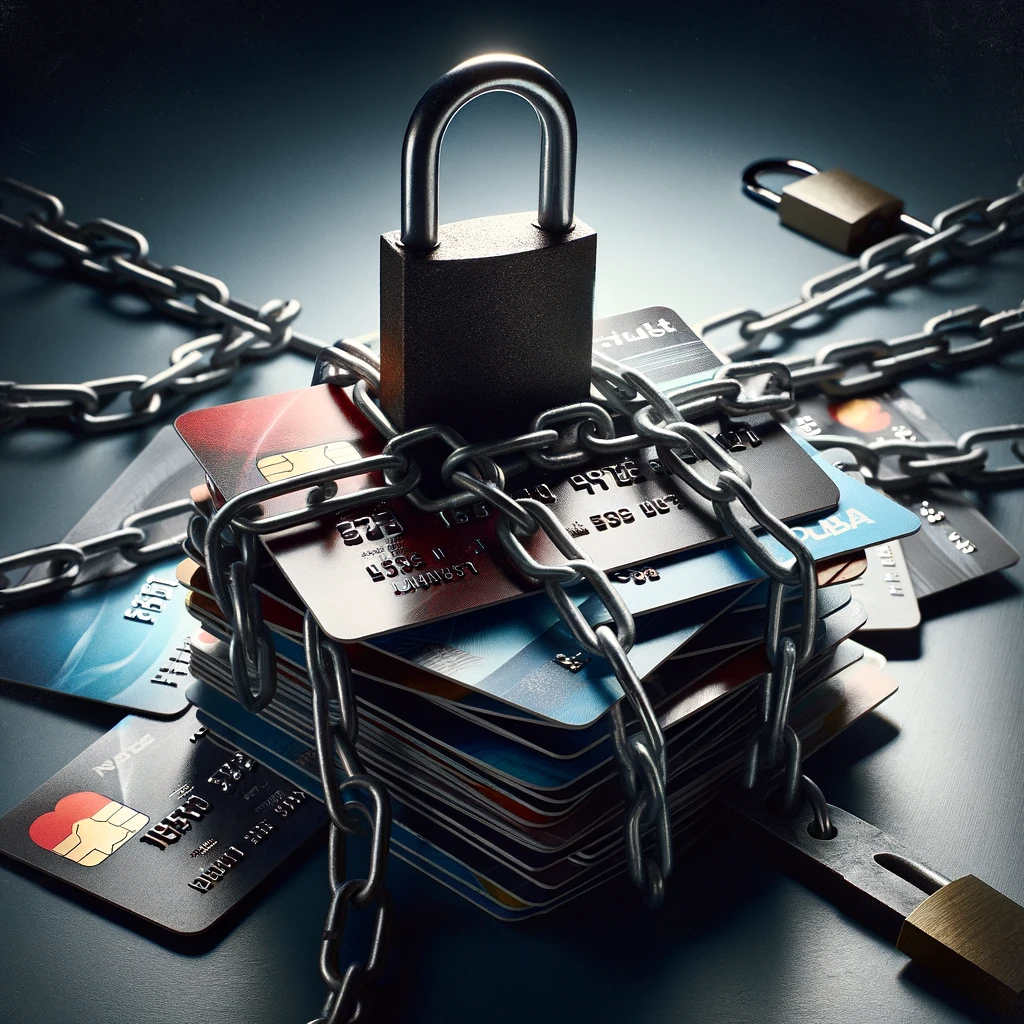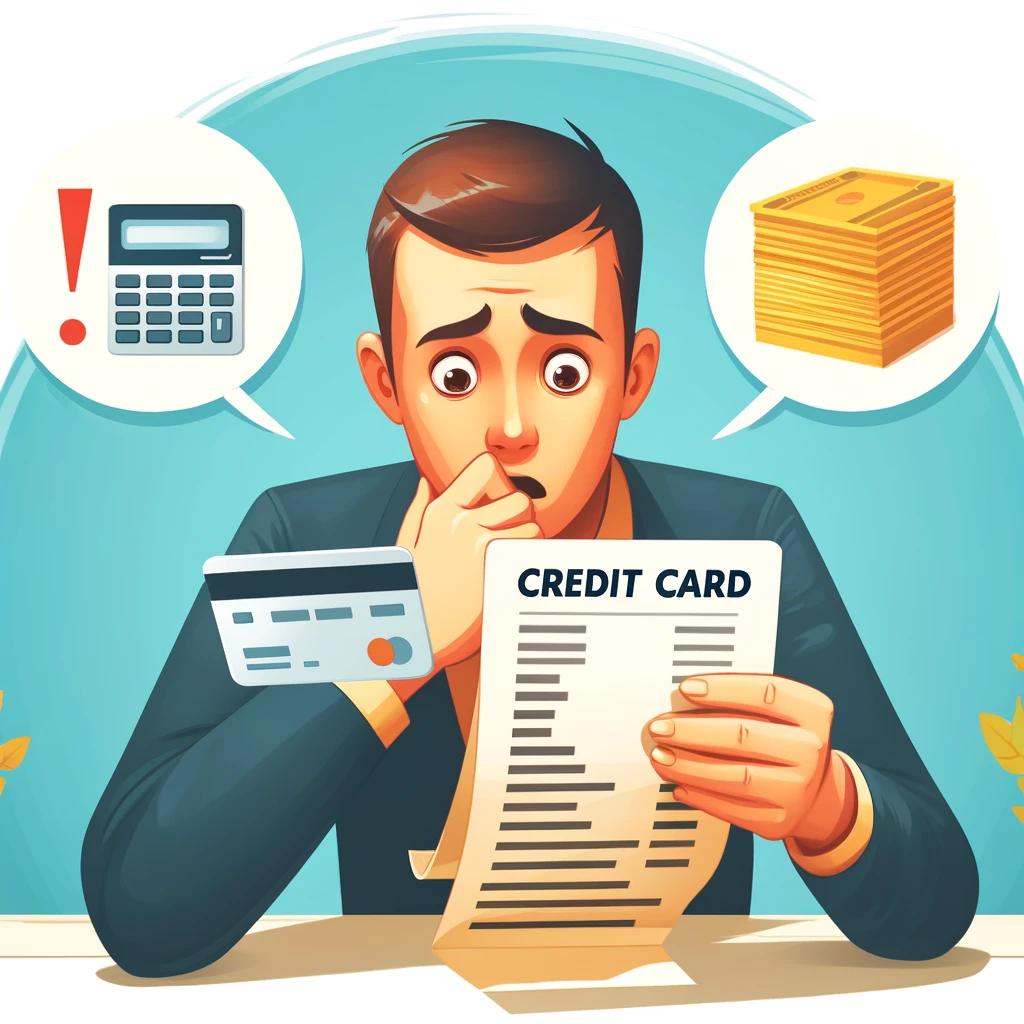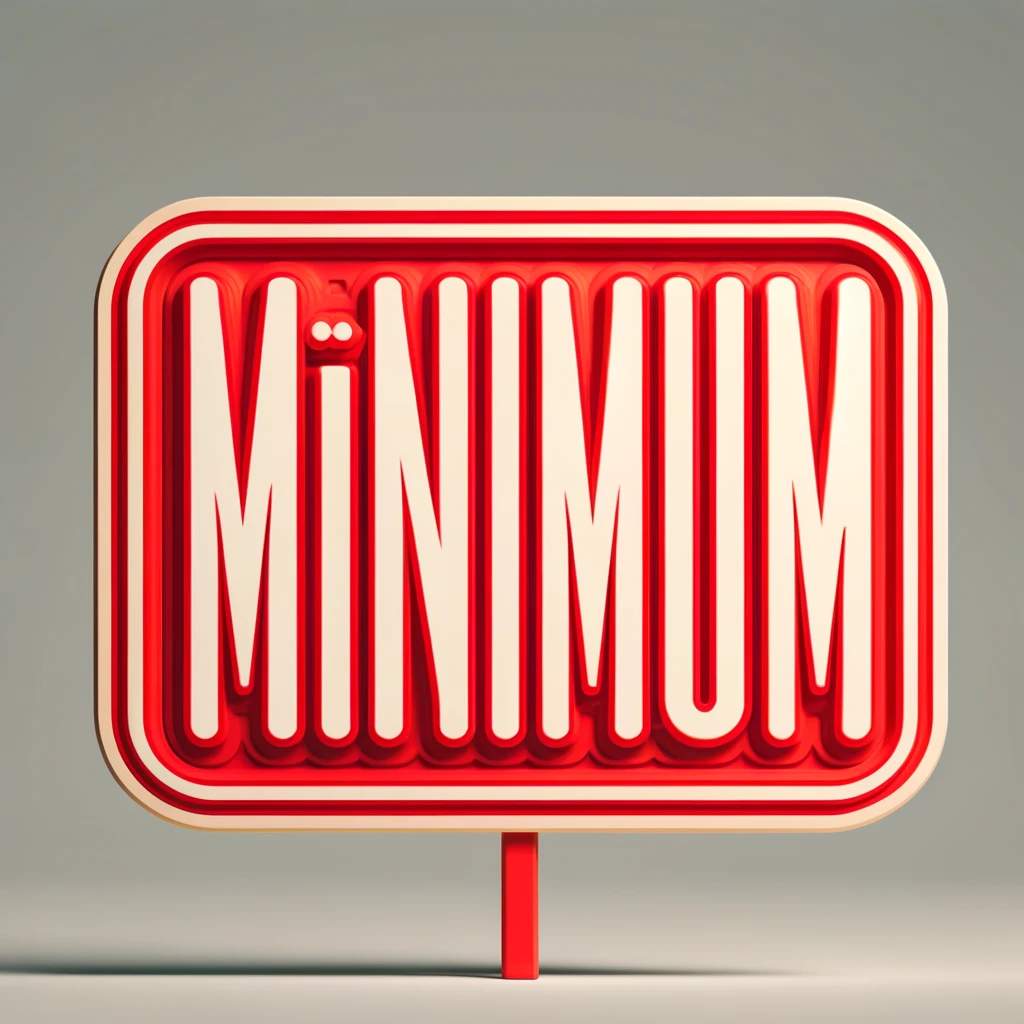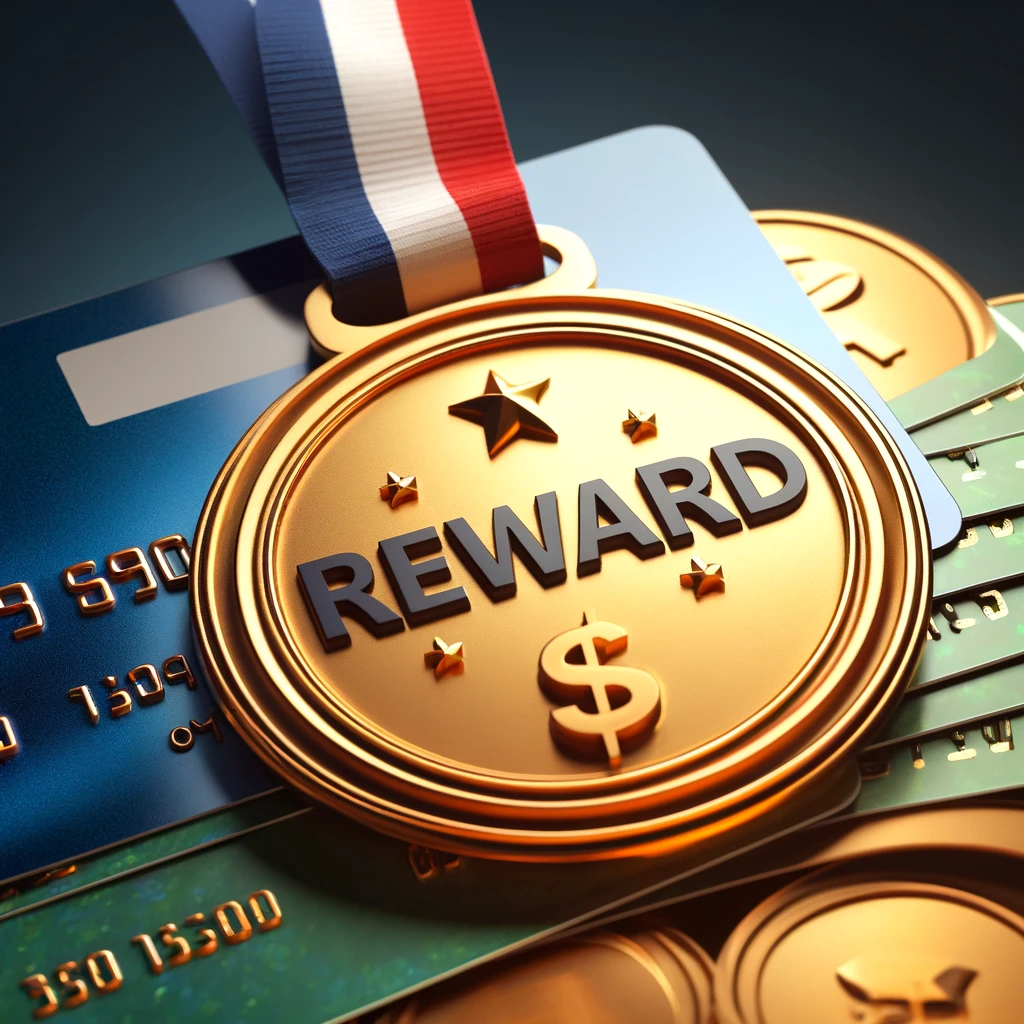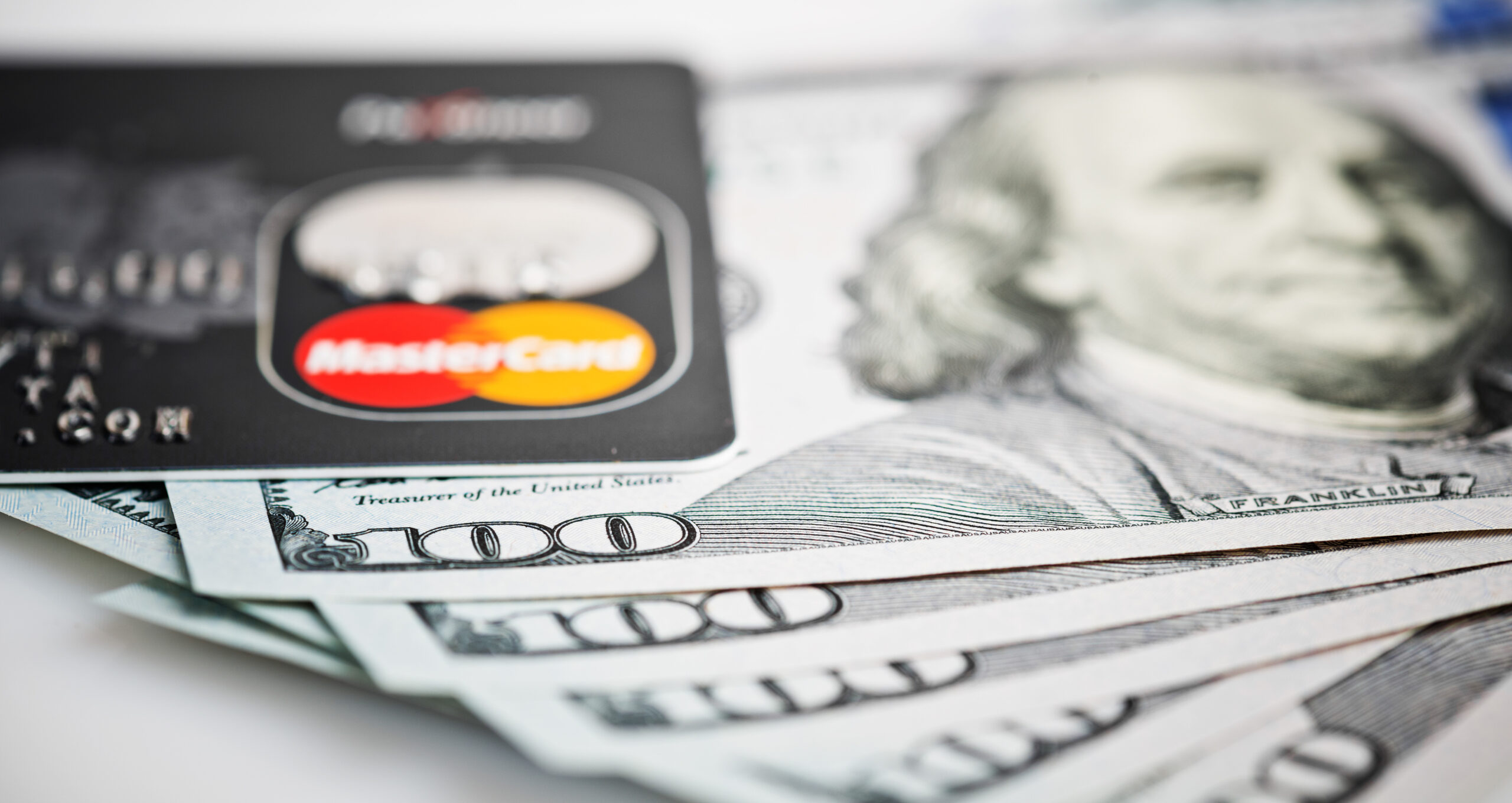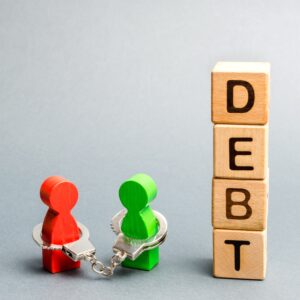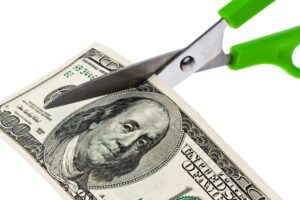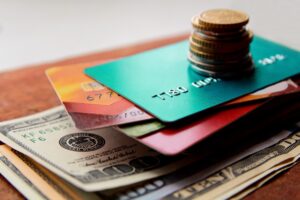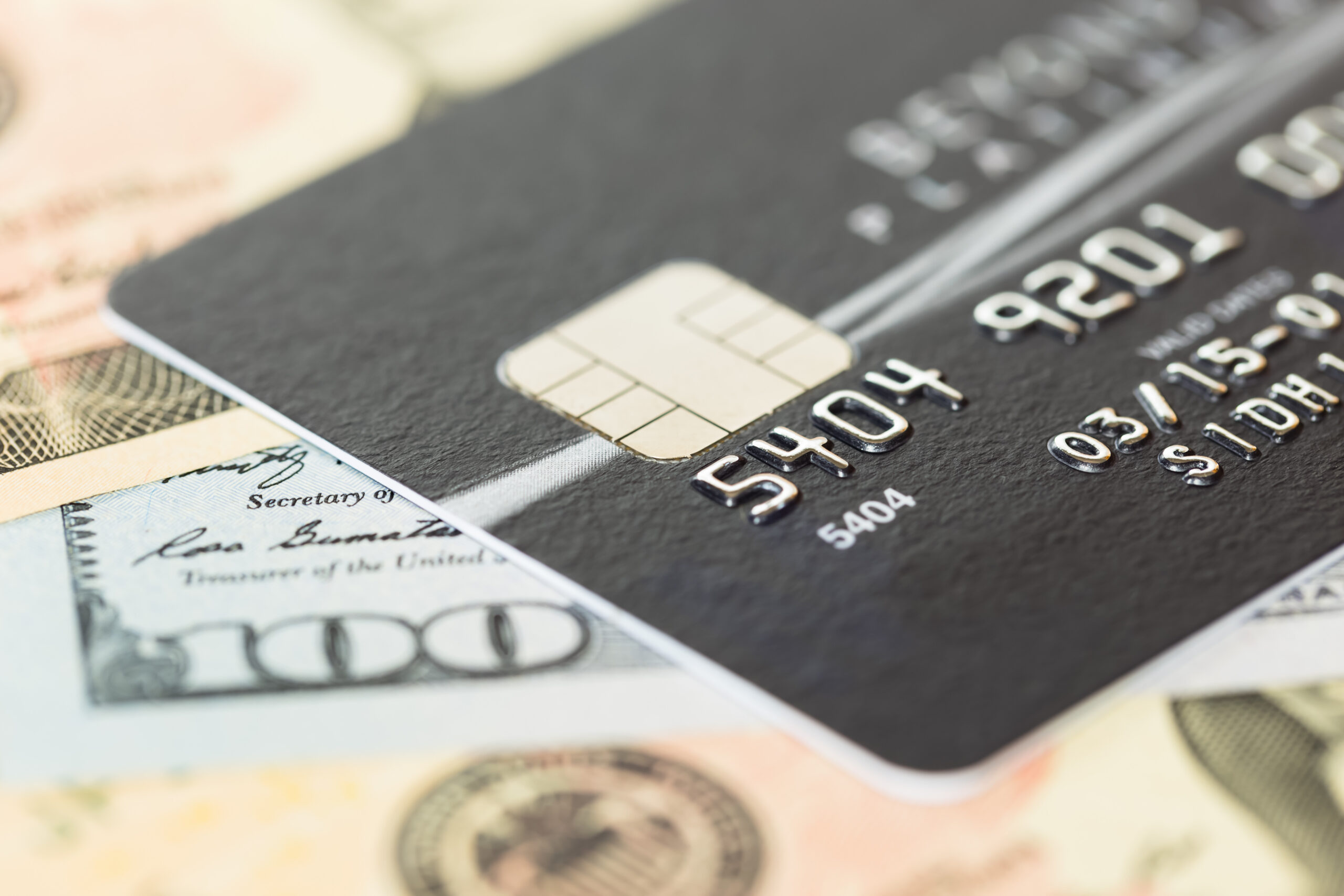
Using credit cards is a common practice for many individuals, offering convenience and various benefits. However, it’s essential to understand the implications of spending money on credit cards. This article explores the impact of credit card spending on your financial health and provides insights into managing credit wisely.
The Convenience of Credit Cards
Credit cards offer unmatched convenience, allowing you to make purchases without carrying cash. They are widely accepted and can be used for both online and in-store transactions. This ease of use can encourage more frequent spending, which can quickly add up if not monitored carefully.
Building Credit History
Responsible use of credit cards can help build a positive credit history. Timely payments and maintaining a low balance relative to your credit limit contribute to a good credit score. A high credit score opens up opportunities for better loan terms, lower interest rates, and other financial benefits.
Interest and Fees

One of the significant drawbacks of using credit cards is the potential for high interest rates and fees. Carrying a balance from month to month accrues interest, which can lead to substantial debt over time. Additionally, late payment fees and over-the-limit fees can further strain your finances if not managed properly.
The Risk of Overspending
Credit cards can make it easy to overspend since they provide immediate access to funds beyond your actual cash reserves. This can lead to purchasing items you might not be able to afford otherwise. Without careful budgeting and self-discipline, credit card debt can spiral out of control.
Impact on Credit Score
Your credit card usage directly affects your credit score. High balances and missed payments can negatively impact your score, making it harder to obtain loans or other credit in the future. Keeping your credit utilization low and paying off your balance each month helps maintain a healthy credit score.
Rewards and Benefits
Many credit cards offer rewards programs, such as cash back, travel points, or discounts on purchases. While these rewards can be beneficial, they can also entice you to spend more to earn points or reach reward thresholds. It’s essential to balance earning rewards with responsible spending.
Strategies for Managing Credit Card Spending
To mitigate the negative impacts of credit card spending, adopt strategies such as setting a budget, tracking your expenses, and paying off your balance in full each month. Avoid using credit cards for non-essential purchases and focus on using them as a tool for building credit rather than financing your lifestyle.
Understanding Credit Card Terms
Thoroughly understanding the terms and conditions of your credit card is crucial. Be aware of interest rates, fees, and the impact of minimum payments. This knowledge helps you make informed decisions and avoid unexpected charges that can affect your financial stability.
Long-Term Financial Health
How you manage your credit cards can significantly impact your long-term financial health. Accumulating credit card debt can lead to financial stress and limit your ability to save for future goals. Responsible credit card use, on the other hand, can enhance your financial security and provide greater flexibility.
Tips for Responsible Credit Card Use
To use credit cards responsibly, establish a spending plan that aligns with your income and financial goals. Set up automatic payments to avoid late fees, monitor your statements regularly for any unauthorized charges, and keep your credit card information secure to prevent fraud.
Credit Card Spending
Spending money on credit cards offers both benefits and risks. By understanding the implications and practicing responsible credit card use, you can enjoy the convenience and rewards without jeopardizing your financial health. Stay informed, disciplined, and proactive to make the most of your credit card usage while safeguarding your financial future.

Latrice is a dedicated professional with a rich background in social work, complemented by an Associate Degree in the field. Her journey has been uniquely shaped by the rewarding experience of being a stay-at-home mom to her two children, aged 13 and 5. This role has not only been a testament to her commitment to family but has also provided her with invaluable life lessons and insights.
As a mother, Latrice has embraced the opportunity to educate her children on essential life skills, with a special focus on financial literacy, the nuances of life, and the importance of inner peace.

